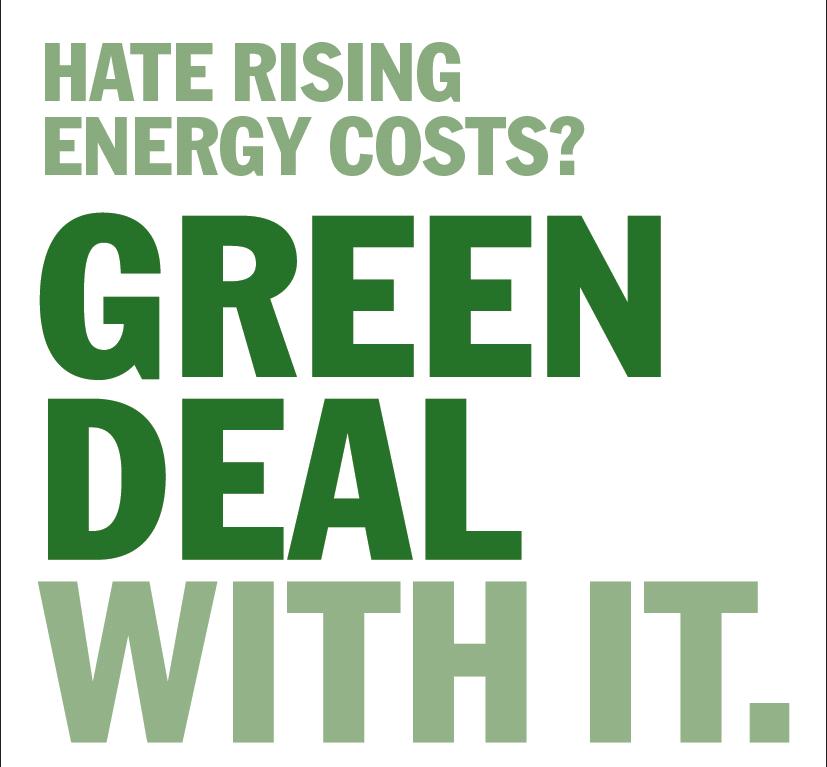The Green Deal scheme has failed to drive significant uptake of energy saving improvements, according to a report published by the Energy and Climate Change committee.
Billed as the “biggest home improvement programme since the Second World War”, the Green Deal as the government’s flagship environmental policy has failed to gain the traction that the government had predicted it would.
According to the select committee a combination of financial, behavioural and communication barriers have conspired to dissuade customers from taking up the Green Deal.
In addition, Green Deal finance has been offered at a high interest rate – putting off even more potential customers. Tim Yeo, chair of the Energy & Climate Change Select Committee said: “The interest rates attached to the Green Deal are simply not financially attractive enough for many households to go to the hassle of setting one up. By its nature this kind of scheme also only appeals to a certain section of the population who are in a position to take out loans on home improvements.”
.
The committee is calling on the government to reconsider the offering to make it more attractive to consumers. Yeo suggests: “Stamp duty discounts and variable council tax rates could be used to broaden the appeal of energy efficiency improvements and make them even more of a money saver for households. Extra incentives certainly need to be considered, as the Government’s flagship pay-as-you-save finance scheme, the Green Deal, has only delivered a fraction of the expected benefits so far.”
The committee was also critical of the Department of Energy and Climate Change’s (DECC) communication strategy for the Green Deal, which it said ‘conflated different energy efficiency schemes’ which caused confusion amongst consumers.
Responding to report on the Green Deal, Greenpeace UK chief scientist Dr Doug Parr said: “With the Ukraine crisis stoking fears about energy security, Europe should focus on cutting energy waste as the fastest, cheapest, and easiest way to reduce its dependence on Russian coal and gas. Yet the UK government’s flagship energy saving scheme has turned out to be a failure which will leave us more reliant on energy imports from countries like Russia.
“Ministers now need to rethink their whole energy efficiency policy whilst pushing for ambitious EU targets that can drive more energy savings. The bare minimum they need to do is bring investments back up to the levels they were when they came into office.”
John Alker, director of policy and communications at the UK Green Building Council, who gave evidence to the Committee, added: “This influential cross party committee has now added its voice to a crescendo of industry and independent experts, who have long called for greater incentives to boost demand for energy efficiency and the Green Deal.
“Energy efficiency is too great an untapped opportunity for this message to fall on deaf ears once again. Government needs to treat energy efficiency as a national infrastructure priority, which means a long-term programme of incentives and support, enabling the private sector to get on and deliver lower bills for householders.”
Yeo concluded: “Broader incentives could encourage lots more households to take simpler and cheaper steps to improve the energy efficiency of their properties and save money on their energy bills. Insulating our homes to make them warmer will bring benefits both for homeowners and for society, as we enhance our energy security and lower our carbon emissions.”
.






